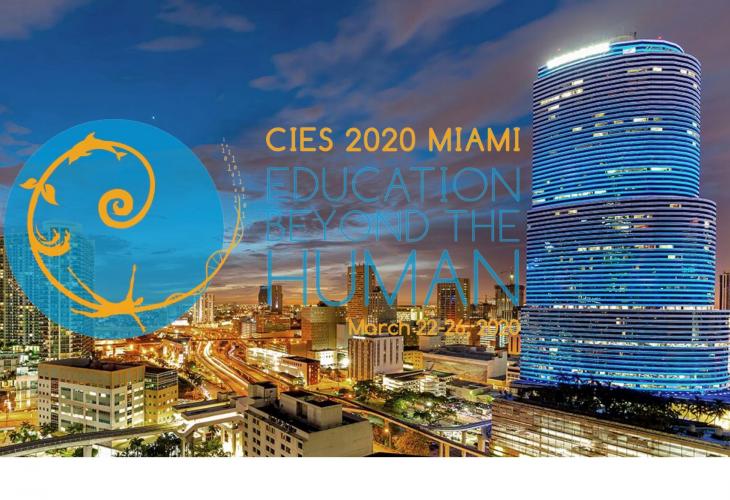vCIES Keynote Panel Discussion of Futures of Education

UNESCO’s Futures of Education: Learning to Become initiative aims to catalyze a global debate on how knowledge, education and learning need to be reimagined. The fact that we live in a world of increasing complexity, uncertainty, and precarity has become undeniably evident because of the COVID-19 crisis. Events around the globe are being shifted online, including a 24 March keynote panel that was to be held at the Comparative and International Education Society’s (CIES) annual conference in Miami.
At this defining moment for rethinking the future, the CIES panel brought together four members of UNESCO’s International Commission on the Futures of Education to discuss the changing global landscape and what implications it has for the future. One recurring theme across the 90 minute session is that we seem to be experiencing a promising new awareness of our relations with one another and with the planet.
(unofficial transcript downloadable here)
Arjun Appadurai, professor at NYU and at the Hertie School Berlin, noted that this global health crisis has reminded us all that we belong to the global human collective. Importantly, however, “unlike other global crises, the covid-19 outbreak has also awakened our sense of belonging to the global environment, and all other forms of beings.”
Expressing his hope that the global tragedy currently unfolding will catalyze intelligent collective action, Fernando Reimers of the Harvard Graduate School of Education reminded the audience that ever since its establishment, UNESCO has been in the business of expanding the collective imagination of what we can and should do in education. He urged that we not forget that “the clock is ticking for attention to climate change as much as it is clicking for the covid-19 crisis.”
This global health crisis, according to Karen Mundy professor at the Ontario Institute for the Study of Education, is clearly showing us that existing educational inequalities need remedy. As schools close, there will be greater losses of learning for poorer children. Paying attention to this loss of learning “will ensure that knowledge and educational resources are justly redistributed among students while also guaranteeing equal chance of success and attainment among learners.”
Though all four panelists spoke at length about the dangers and uncertainties that the current global health crisis presents, there was also firm agreement that this is a potent moment of great opportunity as well. In his remarks H.E. António Nóvoa, former rector of the University of Lisbon and Portuguese ambassador to UNESCO called for a “metamorphosis of the school” arguing that contrary to the experience of the 20th century, in the future there will not be a single model of the school. He proposed: “the diversity of our futures allows us to act in common.”
Learn more about how to get involved in the initiative and become part of this global conversation on the futures of education.